More than 20 parks across Seattle support urban gardens developed and managed in partnership with local communities. From small community garden plots to large orchards, the gardens provide fresh, healthy food to community members across the city. Seattle Parks and Recreation, through its Urban Food Systems Program, provides the land and the infrastructure for these projects. But community members are at the heart of each project, determining what to grow and how to plant and manage their gardens.
One such project — the Rainier Community Center’s new urban garden — has received the 2024 Toro Urban Park Innovation Award. The award, presented by The Toro Company in partnership with the City Parks Alliance, recognizes innovation in park management and practices. Recipients receive a $50,000 grant to support their respective projects. The award will be formally presented at Greater & Greener 2024 on Monday, June 24.
With support from the grant, the Rainier Community Center Garden will be fully refurbished. Fifty years ago, the land was used as a municipal dump. Today, the park is a vibrant neighborhood focal point, with a busy community center surrounded by sports fields, a playground, and a walking loop, with the garden at the center of it all. (About forty years ago, the city cleaned up the dump, and the land was capped so that anything remaining underneath couldn’t be disturbed.) At almost 2,000 square feet, the garden allows ample room for planting. Because of the site’s history, the garden will be planted in raised beds and containers, which provides flexibility and the opportunity for community partners to get creative. The project will produce thousands of pounds of fresh, nutritious food.

(Photo courtesy Seattle Parks and Recreation)
The Rainier Community Center urban garden project involves several partners. One of them is the project’s lead partner iUrban Teen, a STEM+Arts education program that brings together underrepresented teens and young adults for career exploration and mentoring. The students will play a key role in developing and maintaining the garden and will make a difference in their community as they learn about sustainable food production and environmental stewardship. The food grown in the garden will be distributed by a food bank operated by the Seattle Indian Health Board, a nonprofit serving the indigenous population in Seattle.
Another project partner, the University of Washington’s School of Public Health’s Nutritional Sciences Program, will involve students studying food systems, nutrition, and health. They will gain hands-on experience creating urban agriculture projects that increase access to fresh, healthy, locally grown food while supporting communities reconnecting with food systems.
Paris Yates, Urban Food Systems Manager at Seattle Parks and Recreation, explained that the partners will work with the food bank to understand what the population it serves would like to receive from the garden. Yates shared that he enjoys seeing how each garden across the city evolves. Every community approaches planting differently in keeping with their cultural needs and preferences. “We can’t bring these projects to life without community support,” he said. “I really like seeing people come in and bring their ideas to the projects. It sometimes makes me think a bit differently about things.”
The Rainier Community Center Garden’s urban farm model will help inform future Seattle Park and Recreation urban food system projects. This model has the potential to be replicated nationally and internationally. Based on the work in this garden, an environmental education curriculum will be created for use at other Seattle Parks and Recreation food production sites.

(Photo courtesy Seattle Parks and Recreation)
The project will be featured on a tour at the upcoming Greater & Greener conference in Seattle this June. The conference, presented by City Parks Alliance, is dedicated to exploring the full potential of parks as city-building tools and includes a mix of indoor learning sessions and hands-on outdoor experiences. The conference is designed to positively impact the host cities, and the Toro Urban Park Innovation Award will ensure a lasting, tangible impact long after the conference ends.
Marnie Wells, President of The Toro Company Foundation, explained why the project was selected for the award: “The project exemplifies innovation by prioritizing the community’s values and incorporating the cultural and ethnic practices of its residents. Beyond delivering healthy, locally sourced food, it also champions workforce development and the education of future generations.”
A key theme of the Greater & Greener conference and all of City Parks Alliance’s programming is the role of parks as critical urban infrastructure. City Parks Alliance Executive Director Catherine Nagel explains, “The Rainier Community Garden project showcases how parks are vital to strong neighborhoods and resilient cities. It also shows how parks provide a great return on investment. This project supports the community’s values and cultural practices, ensures food security, grows the environmental workforce, and creates positive community green spaces.”
Jennifer Caddick is the City Parks Alliance’s Communications and Marketing Director.



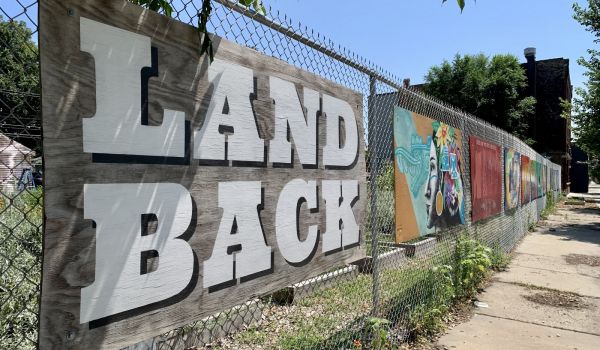
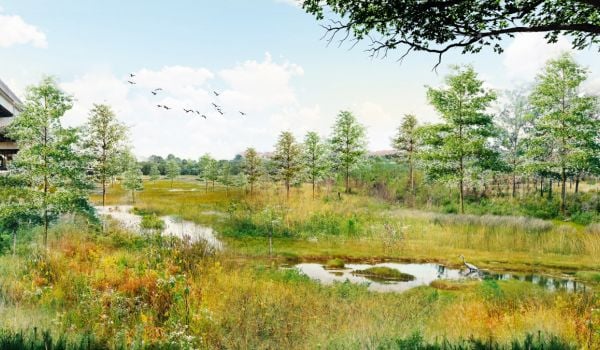

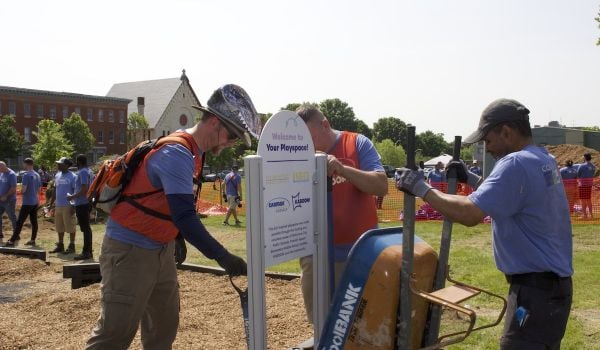
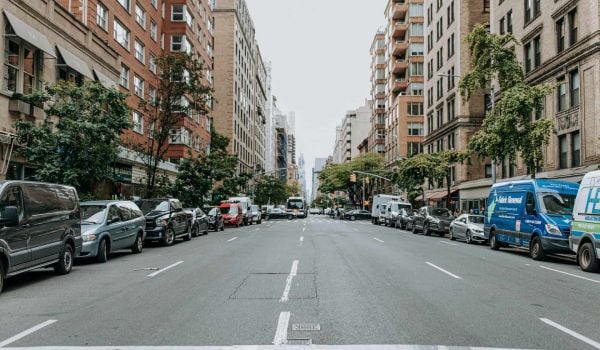
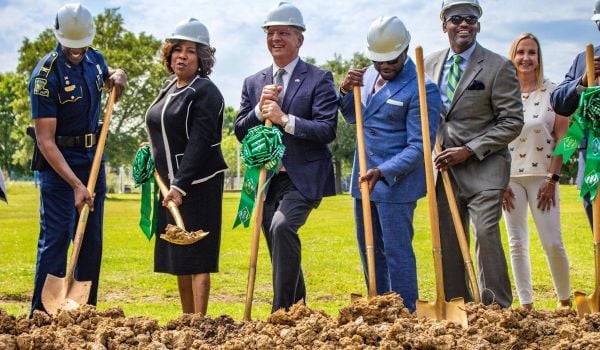
_600_350_80_s_c1.jpg)







Add to the Discussion
Next City sustaining members can comment on our stories. Keep the discussion going! Join our community of engaged members by donating today.
Already a sustaining member? Login here.